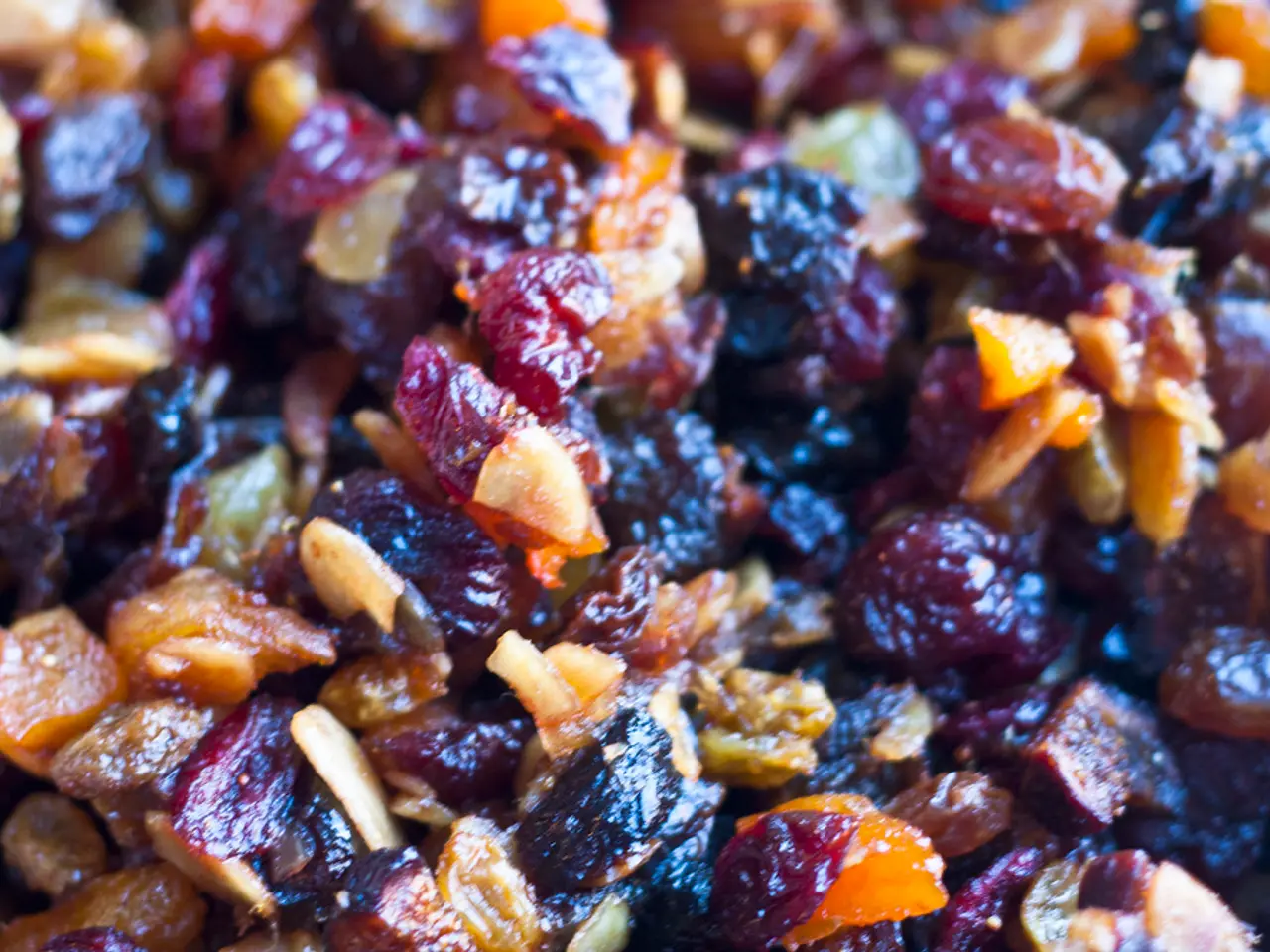9 edibles to fortify immune defenses
In the ongoing quest for good health, maintaining a strong immune system is crucial. Recent studies have highlighted several foods and nutrients that can positively impact our immune system, while others have shown that certain dietary habits can undermine it.
A Mediterranean-style diet, rich in fruits, vegetables, whole grains, olive oil, legumes, nuts, and seeds, combined with spices like turmeric and ginger and beverages like green tea, provides specific nutrients and bioactive compounds that support and modulate the immune system positively.
Fruits and vegetables, such as berries, leafy greens, and citrus fruits, are packed with vitamins, minerals, and polyphenols, key components of the Mediterranean diet. These foods reduce inflammation markers and support beneficial gut microbiota, according to recent research.
Whole grains, like muesli, contain fiber that supports gut health and the immune system, although more evidence for inflammation reduction is still being confirmed. Olive and canola oil, sources of healthy fats with anti-inflammatory properties, are also noted for their role in supporting immunity.
Legumes, nuts, and seeds provide nutrients that may reduce inflammation and support immune function. Turmeric, with its active compound curcumin, has antioxidant and anti-inflammatory effects that can boost immune cell function. Ginger, recognised for its antibacterial, antiviral, antioxidant, and anti-inflammatory properties, supports immune responses.
Green tea contains polyphenols that regulate immune system components, according to laboratory and clinical studies. Initial research suggests that drinking kefir may boost the immune system, helping with fighting bacteria, reducing inflammation, and increasing antioxidant activity.
Fermented foods, such as kimchi and sauerkraut, contain fungi and probiotics that can contribute to the immune system. Fermented dairy products like kefir may also be beneficial. Nuts and seeds, such as almonds and sunflower seeds, contain immune-boosting vitamins and minerals like omega-3 fatty acids, vitamin E, antioxidants, selenium, and fat-soluble B vitamins.
Oily fish like salmon, tuna, pilchards, and others are rich sources of omega-3 fatty acids, beneficial for the immune system. Dark chocolate contains bioactive components that help modulate the immune system.
While no single food can boost the immune system, eating a wide variety of foods in a balanced diet is important for providing the body with a wide range of nutrients that contribute to a healthy immune system. The immune system relies on vitamins and minerals such as A, B (including B1, B2, B3, B12, C, D, E), zinc, and selenium.
Conversely, foods typical of the Western diet—processed red meat, sugar, soft drinks, and other processed foods—are linked to promoting inflammation and impairing immune and gut microbiota health.
Anyone who gets frequent colds or other illnesses and is concerned about their immune system should speak to a doctor. A strong immune system helps to keep a person healthy. Eating a balanced diet and incorporating the foods mentioned above can help support a robust immune system and contribute to overall wellbeing.
- A Mediterranean-style diet, with its emphasis on fruits, vegetables, whole grains, olive oil, legumes, nuts, seeds, and spices like turmeric and ginger, positively impacts the immune system by providing specific nutrients and bioactive compounds.
- Consumption of berries, leafy greens, and citrus fruits, rich in vitamins, minerals, and polyphenols, reduces inflammation markers and supports beneficial gut microbiota.
- Whole grains, such as muesli, contribute to gut health and the immune system, largely due to their fiber content, although more evidence for inflammation reduction is still being gathered.
- Similarly, olive and canola oil, sources of healthy fats with anti-inflammatory properties, support immunity.
- Legumes, nuts, and seeds offer nutrients that may reduce inflammation and support immune function, while turmeric and ginger, with their antioxidant and anti-inflammatory properties, boost immune cell function.
- Green tea, containing polyphenols that regulate immune system components, has been supported by both laboratory and clinical studies.
- Preliminary research suggests that drinking kefir may enhance the immune system, aiding in fighting bacteria, reducing inflammation, and increasing antioxidant activity.
- Fermented foods like kimchi and sauerkraut, containing fungi and probiotics, contribute to the immune system and may be further boosted by fermented dairy products like kefir.
- Nuts and seeds, such as almonds and sunflower seeds, contain immune-boosting nutrients like omega-3 fatty acids, vitamin E, antioxidants, selenium, and fat-soluble B vitamins.
- Oily fish like salmon, tuna, pilchards, and others, rich in omega-3 fatty acids, contribute to a healthy immune system.
- Dark chocolate, with its bioactive components, helps modulate the immune system.
- While no single food can boost the immune system, eating a balanced diet full of a variety of foods, including those mentioned above, provides the body with a range of nutrients essential for a healthy immune system, contributing to overall wellbeing. People who frequently get ill should consult a doctor for concerns regarding their immune system.








